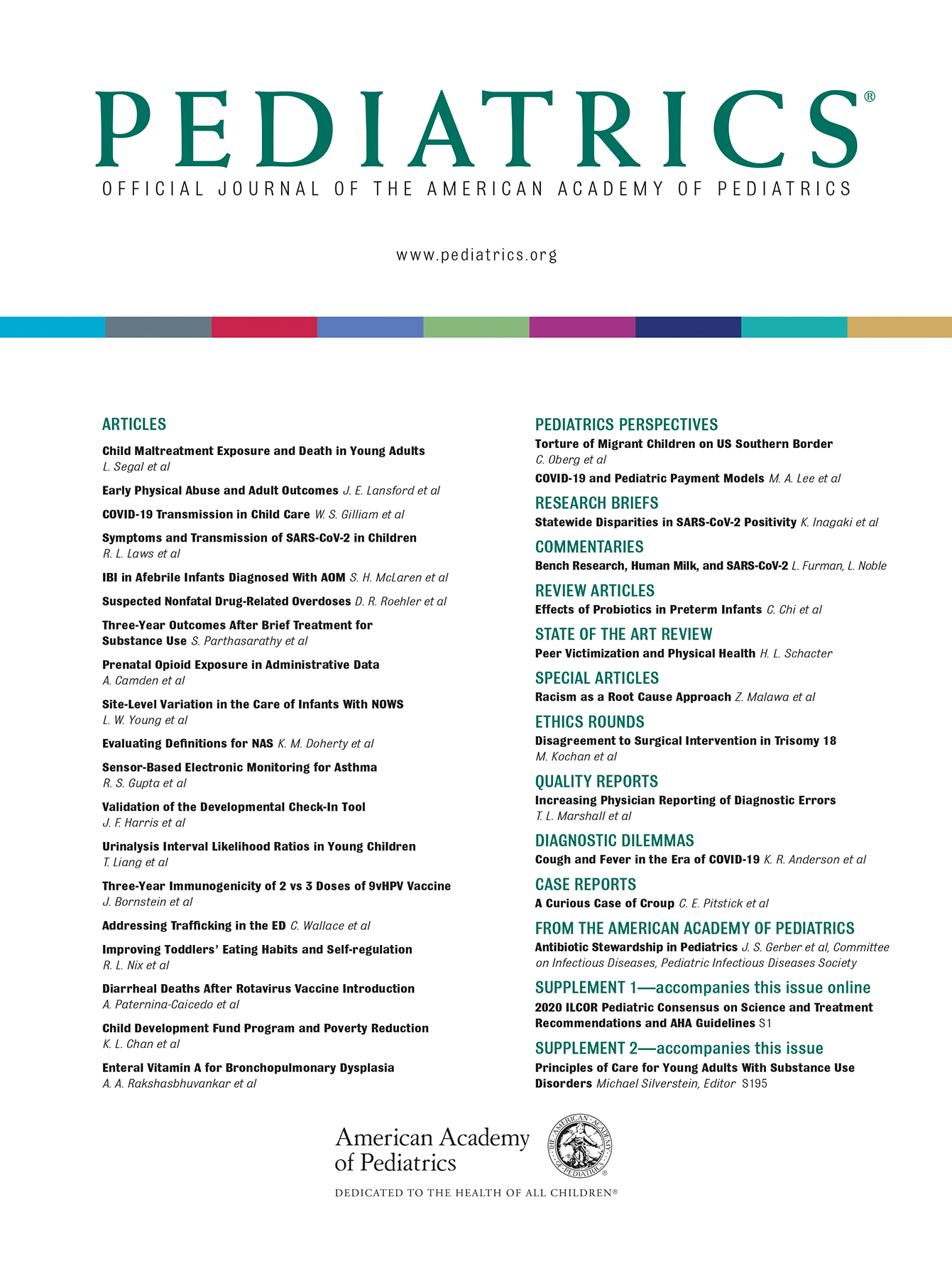Cross-sectional studies link functional abdominal pain (FAP) to anxiety and depression in childhood, but no prospective study has evaluated psychiatric status in adulthood or its relation to pain persistence.
Pediatric patients with FAP (n = 332) and control subjects (n = 147) were tracked prospectively and evaluated for psychiatric disorders and functional gastrointestinal disorders (FGIDs) at follow-up in adolescence and young adulthood (mean age = 20.01 years). Participants were classified according to presence (FGID-POS) or absence (FGID-NEG) of FGIDs at follow-up.
Lifetime and current risk of anxiety disorders was higher in FAP than controls (lifetime: 51% vs 20%; current: 30% vs 12%). Controlling for gender and age, the odds ratio was 4.9 (confidence interval = 2.83–7.43) for lifetime anxiety disorder and 3.57 (confidence interval = 2.00–6.36) for current anxiety disorder at follow-up for FAP versus controls. Lifetime risk of depressive disorder was significantly higher in FAP versus controls (40% vs. 16%); current risk did not differ. In most cases, initial onset of anxiety disorders was before pediatric FAP evaluation; onset of depressive disorders was subsequent to FAP evaluation. Within the FAP group, risk of current anxiety disorders at follow-up was significantly higher for FGID-POS versus FGID-NEG (40% vs 24%), and both were higher than controls (12%); current depressive disorders did not differ across FGID-POS, FGID-NEG, and controls.
Patients with FAP carry long-term vulnerability to anxiety that begins in childhood and persists into late adolescence and early adulthood, even if abdominal pain resolves.






Comments
Somatization in children with functional abdominal pain occurs more frequently in primary as compared to specialist care
Childhood functional abdominal pain (FAP) is often accompanied by emotional problems such as anxiety and depression. [1,2] Little is known about the direction of this association, since this association has been largely established by cross-sectional studies. Shelby and colleagues prospectively followed children with FAP and evaluated the presence of anxiety disorders, depression and somatization.[3] The authors showed that childhood FAP was associated with high risk of anxiety disorders in adolescence and early adulthood. The risk was greatest in patients with persistent FAP, but was also increased in patients in whom FAP resolved. The results of this study are an important addition to the knowledge on the association between FAP and emotional problems.
As is mentioned by the authors, patients were enrolled in this study at the tertiary care level, making generalization to primary care difficult. Additionally, the authors state that no comparable data are available regarding psychological outcomes in primary care. We agree that there is a lack of studies following primary care children with FAP into adulthood. However, our research group recently published the results of a one-year follow-up study in which we evaluated the presence and course of emotional problems and somatization in 281 children presenting in primary care with abdominal pain.[4] Similar as Shelby and colleagues concluded, we found that, although the symptoms decrease over time, children with abdominal pain had more mental health problems after follow-up than children in the general population.
In contrast to the observation of the authors that anxiety was most frequently present, in our primary care cohort somatization was most frequently observed. In the study of Shelby 30.42% of FAP patients had current anxiety at follow-up. In our study this was 10%. Additionally, in Shelby's study only 3.6% of FAP patients had a somatization problem at follow-up, compared to 30% in our study. This latter difference might be explained by how somatization was assessed. Shelby and colleagues used psychiatric diagnostic interviews to determine whether patients fulfilled the stringent DSM-IV criteria for a somatoform disorder. We used the DSM- IV oriented somatic problem scale of the Child Behavior Checklist to assess the presence of multiple non-specific somatic symptoms. We chose this measure because young children can never fulfill the DSM-IV criteria for a somatoform disorder due to immaturity. Since non-primary care studies have shown an association between somatization and FAP it would be interesting to know whether Shelby's cohort with FAP patients does show high levels of multiple non-specific somatic symptoms. Possibly the DSM-IV criteria are too strict to reveal this relationship.
In conclusion, it seems that the results of the presented study are not directly generalizable to primary care. Though both studies showed that emotional symptoms seen in children with FAP decrease over time and that after follow-up these patients still have more mental health problems, they also suggest that somatization is more common in childhood FAP in primary care. Longitudinal studies in both primary and specialist care that use the same measurement methods are needed to assess whether this difference truly exists.
References
1. J.V. Campo, J. Bridge, M. Ehmann, et al. Recurrent abdominal pain, anxiety, and depression in primary care. Pediatrics 2004; 113:817-24
2. J. Garber, J. Zeman, L.S. Walker. Recurrent abdominal pain in children: Psychiatric diagnoses and parental psychopathology. J Am Acad Child Adolesc Psychiatry 1990; 29: 648-56.
3.G.D. Shelby, K.C. Shirkey, A.L Sherman, et al. Functional abdominal pain in childhood and long-term vulnerability to anxiety disorders. Pediatrics 2013 Aug 12 (doi: 10.1542/peds.2012-2191)
4. M.J. Gieteling, Y. Lisman-van Leeuwen, J. Passchier, M.Y. Berger. The course of Mental Health Problems in Children presenting with Abdominal Pain in General Practice. Scand J Prim Health Care 2012; 30(2): 114-20
Conflict of Interest:
None declared